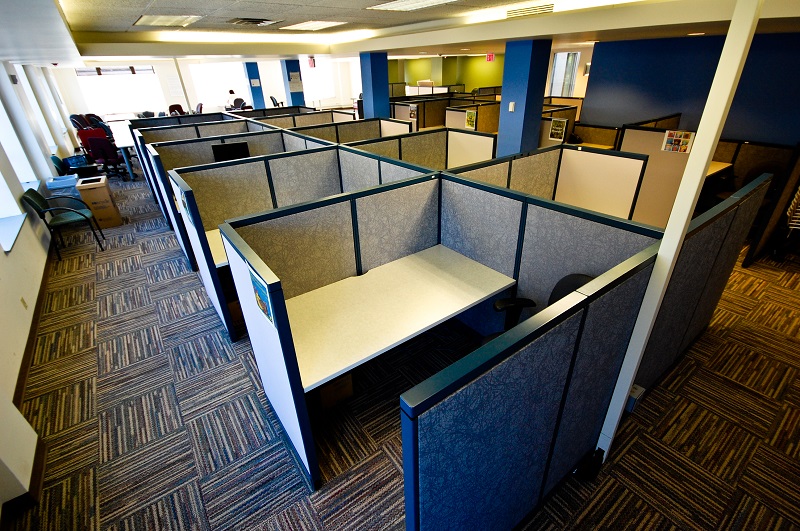Some people assume that moving a business isn’t that different from moving a house.
It’s just a case of packing some stuff and moving utilities over to the new premises, right?
Well, there’s a bit more to it than that! Sure, those are the essential things one must do when relocating a company.
But, many more factors need to get taken into consideration. There’s also the question of whether a business move is even a viable idea or not!
You must consider everything before you decide to move your business to a new area.
Keep reading to learn more about what you need to know.
Why do you want to move?
One important question you need to ask yourself is why you wish to move. What’s wrong with your existing premises?
If it’s a matter of space, you might not know it but your location could offer scope for expansion.
If you want to save costs, how about renting out unused parts of your office or warehouse to other firms?
It’s not unusual for companies to rent out part of their premises when they aren’t getting used. Doing so helps to generate extra revenue and can even pay for maintenance and lease costs.
It’s worth finding out if you can improve your existing location before deciding to move.
Who should you entrust with your possessions?
As crazy as it sounds, many company bosses feel they should move everything themselves!
As you can imagine, it’s quite a challenge to run a business and move to another location at the same time.
It makes better sense to enlist the help of some removalists. They are all trained removal experts and will handle your possessions with care.
It’s best to hire such a firm, especially as they can work with you to plan a smooth and trouble-free move.
Are you moving far?
If you’re planning to move to the other side of town, it won’t have much of an effect on your workers.
But, if you wish to move to the other end of the country, expect to see some people quit their jobs.
Not everyone is willing to move great distances just to keep their jobs. Especially if they have family and friends in the area.
They’d rather find a local job working for someone else.
If you want to move far away, you’ll need to come up with a relocation plan for your employees.
And you’ll inevitably need to hire people at your new premises.
Who is going to take care of the legal side of things when relocating?
It is important to have someone in your company who is knowledgeable about the legal aspects of relocating a business. This person should be responsible for ensuring that all relevant documents, such as licenses and permits, are updated.
They should also keep track of any changes to local laws and regulations that may affect the relocation. Additionally, they should inform governmental agencies and other entities of your company’s new address.
Failing to do so can result in fines and other penalties, so it is important for the person responsible to stay up-to-date on all legal matters about the move.
In some cases, you may need to seek out a lawyer or other professional who specializes in business relocation law.
Are you considering renting out unused parts of the office or warehouse for extra revenue?

This is a great way to generate extra income and can even offset some of the costs associated with relocating.
Depending on your location, there may be businesses that are interested in renting out part of your office or warehouse space for their use.
Make sure to research local rental laws and regulations before entering into any agreements, as these will vary depending on your location.
It is important to determine the length of the rental agreement, as well as any other legal requirements involved in renting out a portion of your office or warehouse space.
Additionally, make sure that you are adequately insured against any potential damage that might occur during the lease.
Conclusion
Relocating a business can be a complicated and time-consuming process. But, with the right people in charge and careful planning, it is possible to make sure your move goes as smoothly as possible.
Make sure that you assign someone to handle all of the legal aspects of relocating, such as updating licenses and permits, informing government agencies, and researching local laws.
Additionally, consider renting out unused parts of your office or warehouse space for extra revenue. With the right planning and preparation, you can make sure that your business relocation goes off without a hitch.
Featured image Credit

















